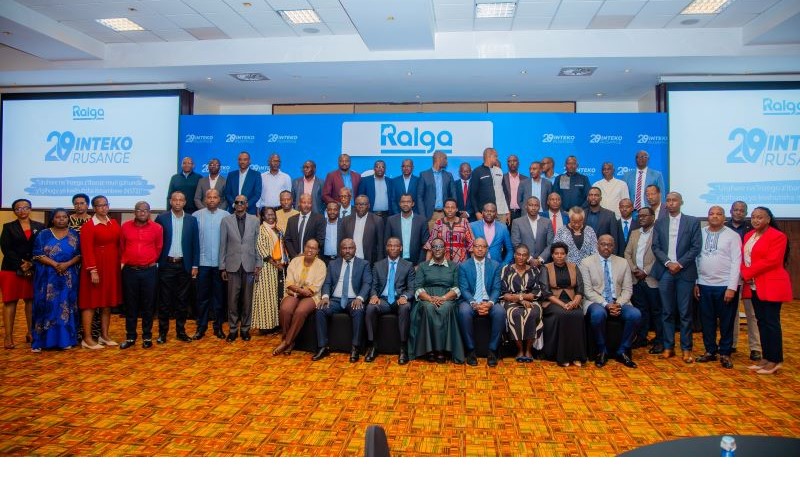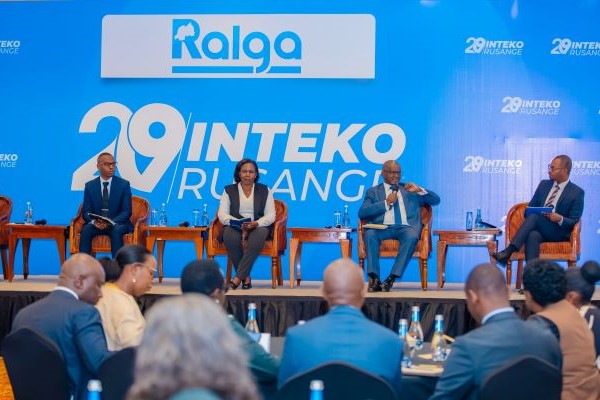The Local Government Authorities Association (RALGA), has unveiled a bold strategy to improve service delivery, build institutional capacity, and champion decentralized governance through the establishment of a new Centre of Excellence.
RALGA) announced the development of a Centre of Excellence in Local Governance, a landmark initiative set to promote local government innovation.
The announcement was made during the 29th RALGA General Assembly on June 6, where Dr. Odette Uwizeye was also elected as the association’s new Chairperson.
The Centre will serve as a hub for policy research, capacity development, and knowledge sharing aimed at empowering local governments across the country.
As outlined in the newly unveiled 2025–2030 Strategic Plan, RALGA intends to deepen local governance reforms while aligning its activities with the country’s long-term transformation goals under the second National Strategy for Transformation (NST2).
The strategic plan is structured around three key pillars which include policy advocacy and representation, capacity building for service delivery, and institutional development.
These priorities are designed to amplify the role of local authorities in shaping policy, improving operational efficiency, and fostering grassroots engagement.
Dominique Habimana, the Secretary General of the association, emphasized the shared responsibility in implementing NST2.
“Local authorities have pledged to work alongside citizens in implementing the second National Strategy for Transformation, acknowledging that this is not solely the responsibility of the central government,” he said.
RALGA also aims to secure financial sustainability by diversifying funding sources. “Funding mobilization remains a significant challenge, leading to programme delays and an over-reliance on grants. Diversification of funding sources is key going forward,” a strategy document noted.
The newly elected chairperson, Uwizeye pledged to advocate for increased salaries and support for cell-level leaders.
“The salary for executive secretaries is still low. We will continue to call for pay raises. While the salary is still meagre, there is need for some incentives to motivate them in executing their duties,” she said.
Currently, over 2,000 cell leaders across Rwanda earn less than Rwf100,000 monthly, a situation many local leaders say undermines service delivery and personal well-being.
With the government targeting to lift more than 300,000 households out of poverty by 2025 under the National Strategy for Sustainable Graduation (NSSG), strengthening local governance and supporting grassroots leaders remains a central focus.

